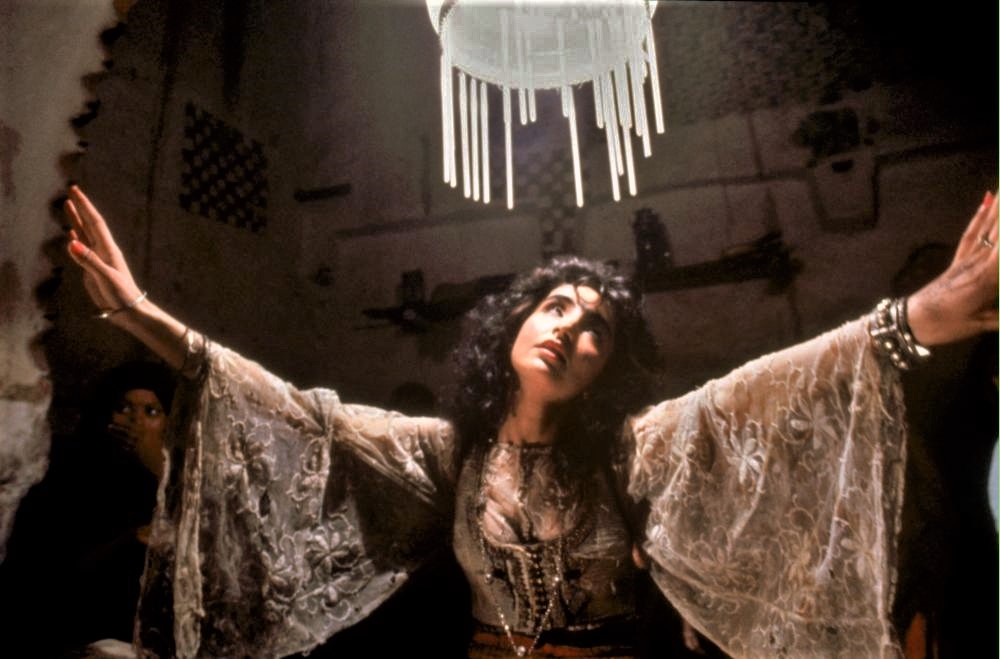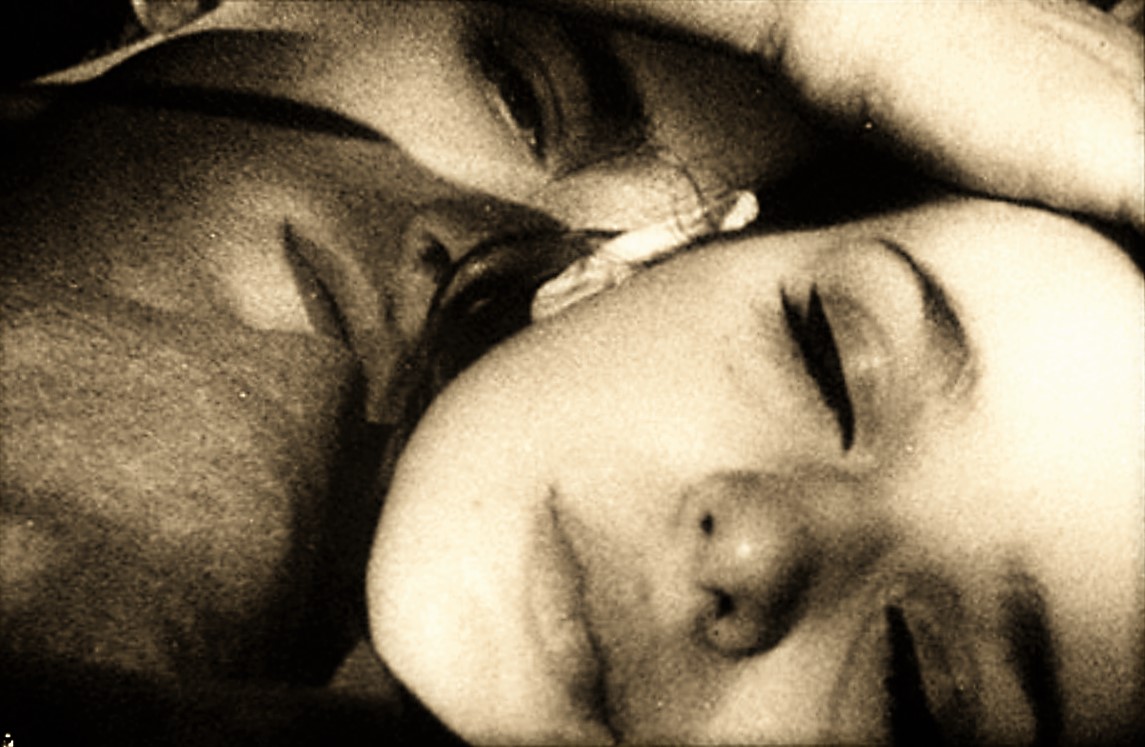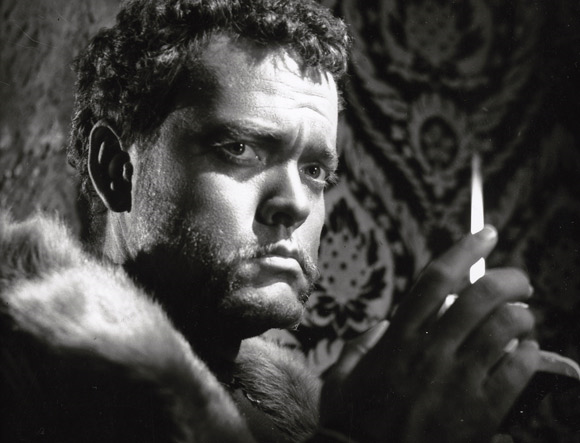Paul Bowles during his life (1910-1999) remained aloof from all the hipsters and hypesters of U.S. letters. Living in self-imposed exile in Tangier, he had cast a spell over such talents as Tennessee Williams, Libby Holman, Truman Capote, and Allen Ginsberg. We revisit an essay penned by Jay McInerny in 1985, on how the inimitable expatriate writer-composer’s dark arts retain their power, even more so 32 years later.
Tag: Orson Welles
Improvised Beat Generation Dreams of John Cassavetes
Cassavetes’ Shadows “improvises” Beat Generation Manhattan, where two brothers and a sister, black but inexplicably played by two white actors, careening off track to scaled-back sketches of Charles Mingus’ saxophone jazz yearnings. Black and white neon signs blink and the old Times Square looms like the otherworld, naturalistic cordial racism separating the chosen from the downtrodden, both dreaming of making it, of creating something.
Orson Welles: Tragic Hero, Sacred Monster, Profane Clown
Orson Welles, the cinematic genius who ended his days selling cheap wine, was both noble and feeble, titanic and pathetic, sacred monster and profane clown, says Peter Conrad. We take samples from his oeuvre, his noir thriller The Stranger and his stylistic fragmentation, Othello.



